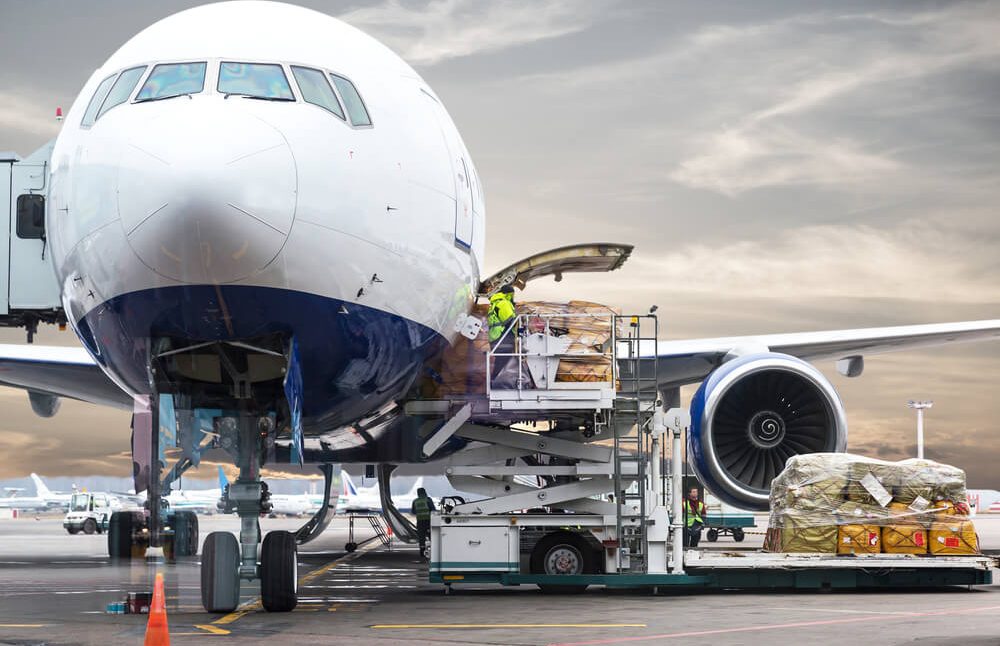India’s air cargo industry is undergoing a remarkable transformation, driven by speed, regulatory reforms, digitization, and infrastructure development. The sector is poised to play a central role in shaping India’s express delivery industry, fueled by the surging demand for swift deliveries, the expanding B2B and B2C landscape, and the need to efficiently transport high-value and temperature-sensitive goods.
With regulatory reforms and infrastructure development initiatives like the New Logistics Policy (NLP) and PM Gati Shakti leading the way, India is poised to become a global air logistics powerhouse, offering businesses efficient and cost-effective solutions while contributing to a sustainable future.
Fastest Growing Air Cargo Sector
India boasts one of the world’s fastest-growing express delivery sectors, with air transport playing a substantial role. In 2022, it handled 2.2 million Tonnes of air cargo, projected to reach 10 million Tonnes by 2031. The Indian air freight market is expected to reach $13.08 billion by the end of 2023, with forecasted growth to $17.22 billion by 2028, boasting a 5.65% CAGR.
To meet the growing demand, TCI Express, a key express delivery player, has expanded its air cargo capabilities with 73 air gateways and 3000 air pickup points domestically, and international operations in over 208 countries to keep up with India’s growth.
B2B Segment Powering Growth
The B2B segment is a significant growth catalyst for India’s express delivery industry, contributing approximately 60% of its revenue in the fiscal year 2016-17. Simultaneously, air transport constituted 45% of the express delivery volume and 29% of revenue during that period. With a thriving SME/MSME sector, efficient B2B logistics play a pivotal role in India’s economic landscape.
Recognising this potential, TCI Express, the fastest-growing B2B express delivery firm, derives 95% of its revenue from the B2B segment, catering to industries such as manufacturing, textiles, electronics, automobiles, and pharmaceuticals.
High-Value & Temperature-Sensitive Cargo
The air cargo sector has recently witnessed a surge in transporting high-value goods, pharmaceuticals, and temperature-sensitive items, emphasising the crucial role of air cargo services in ensuring secure and efficient deliveries. With the Indian pharmaceutical industry valued at approximately $50 billion and expected to achieve a remarkable 10.7% CAGR by 2030, growing from $65 billion in 2024 to $130 billion, there exists substantial growth potential in air cargo.
TCI Express, with its asset-light approach, maintains a competitive edge as it continues to address the escalating demand for temperature-sensitive air cargo, encompassing pharma products, frozen blood plasma and vaccines, through its Air Express service.
Regulatory Reforms & Infrastructure Development
The Indian government is driving essential regulatory reforms through the PM Gati Shakti Master Plan and the New Logistics Policy (NLP) to establish a global standard air logistics ecosystem. PM Gati Shakti national master plan focuses on infrastructure development, pivotal in modernising transportation networks. Under the UDAN initiative, the government aims to create 220 operational airports, heliports, and water aerodromes by 2024-25. This includes developing 109 new aviation facilities, encompassing 51 existing airstrips,18 greenfield airports,12 water aerodromes, and 28 heliports.
Additionally, 40 air cargo ports and 30 airports have been equipped with cold storage facilities to enhance export capabilities. This initiative anticipates enhancing the infrastructure landscape, including airports and air freight stations, to boost air cargo efficiency by reducing dwell times, increasing productivity, and ultimately cutting logistical costs.

